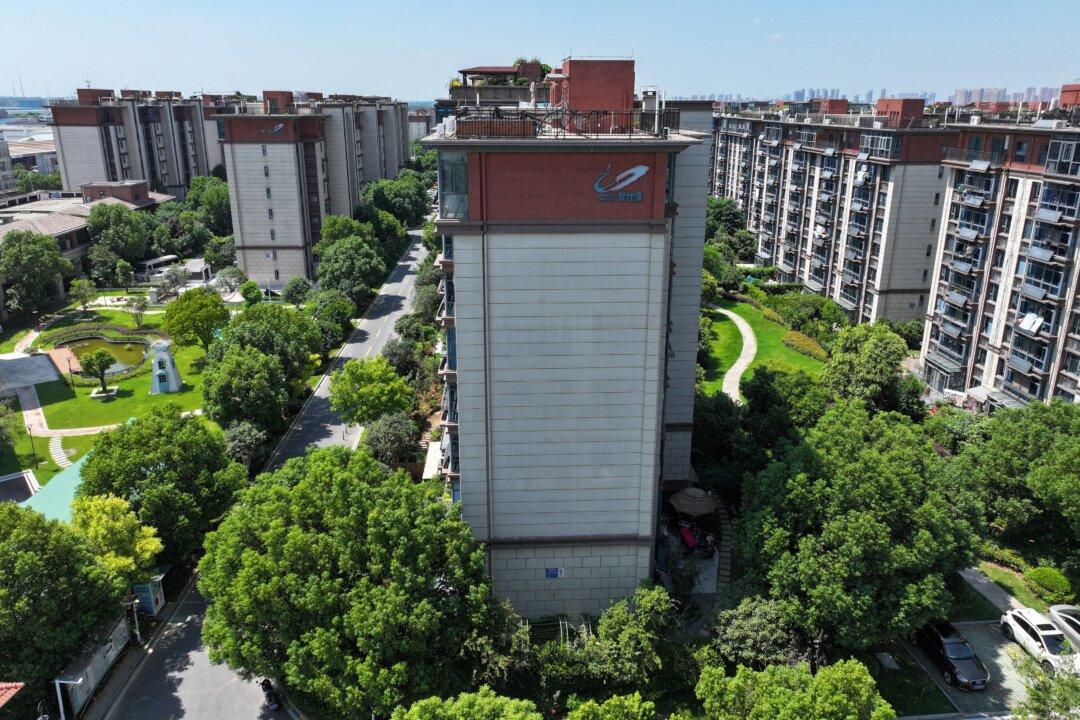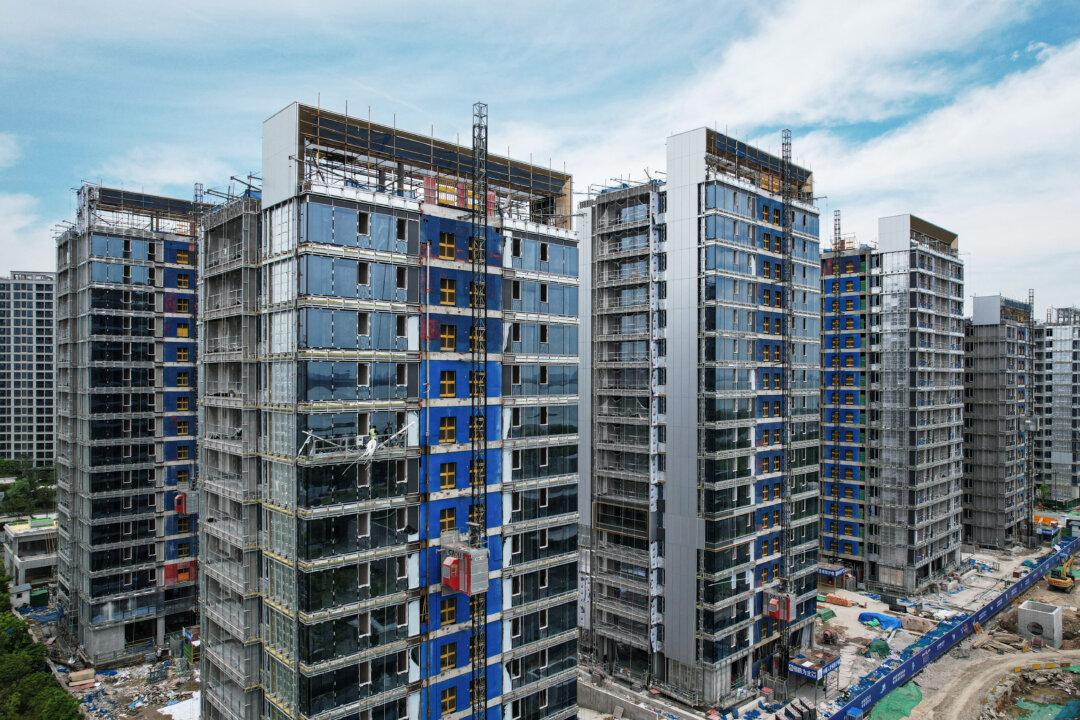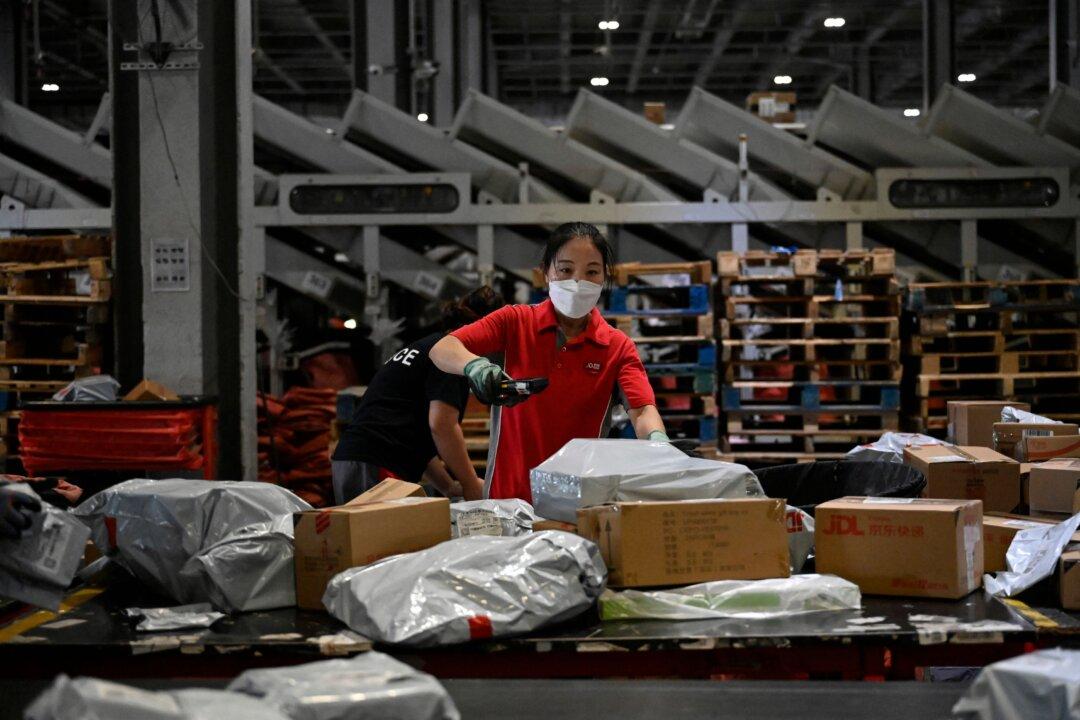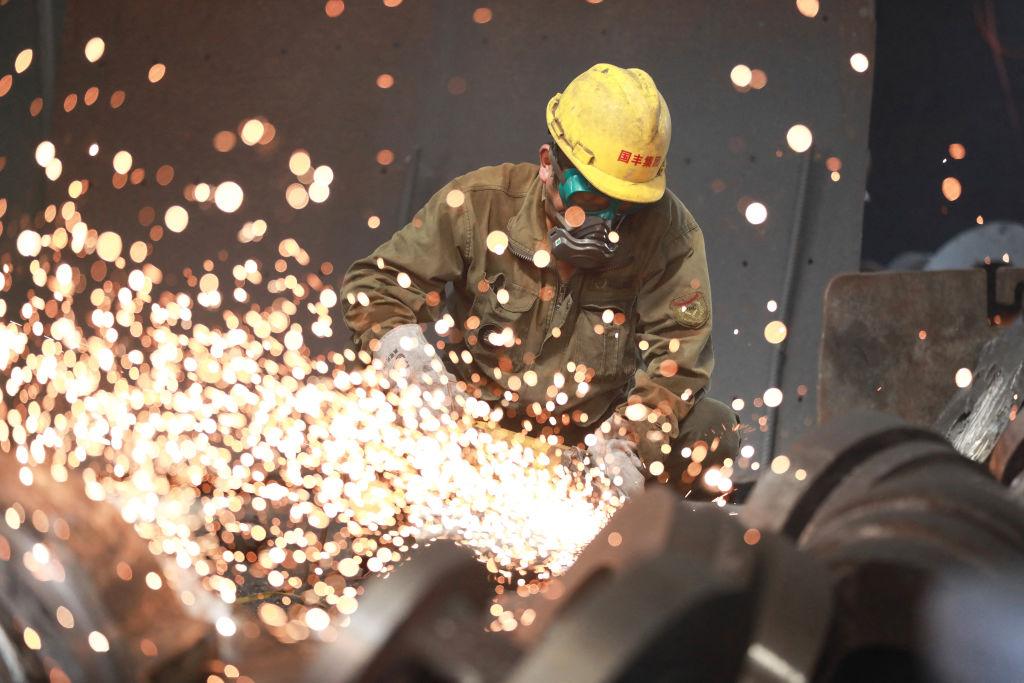Country Garden’s dollar debt payments on Monday and Beijing’s new efforts to help China’s beleaguered real estate sector appear to have spurred some newfound hope in the country’s financial markets.
However, the recent policy tweaks could be ineffective for China’s economy, according to Capital Economics, a London-based independent economic research firm.





